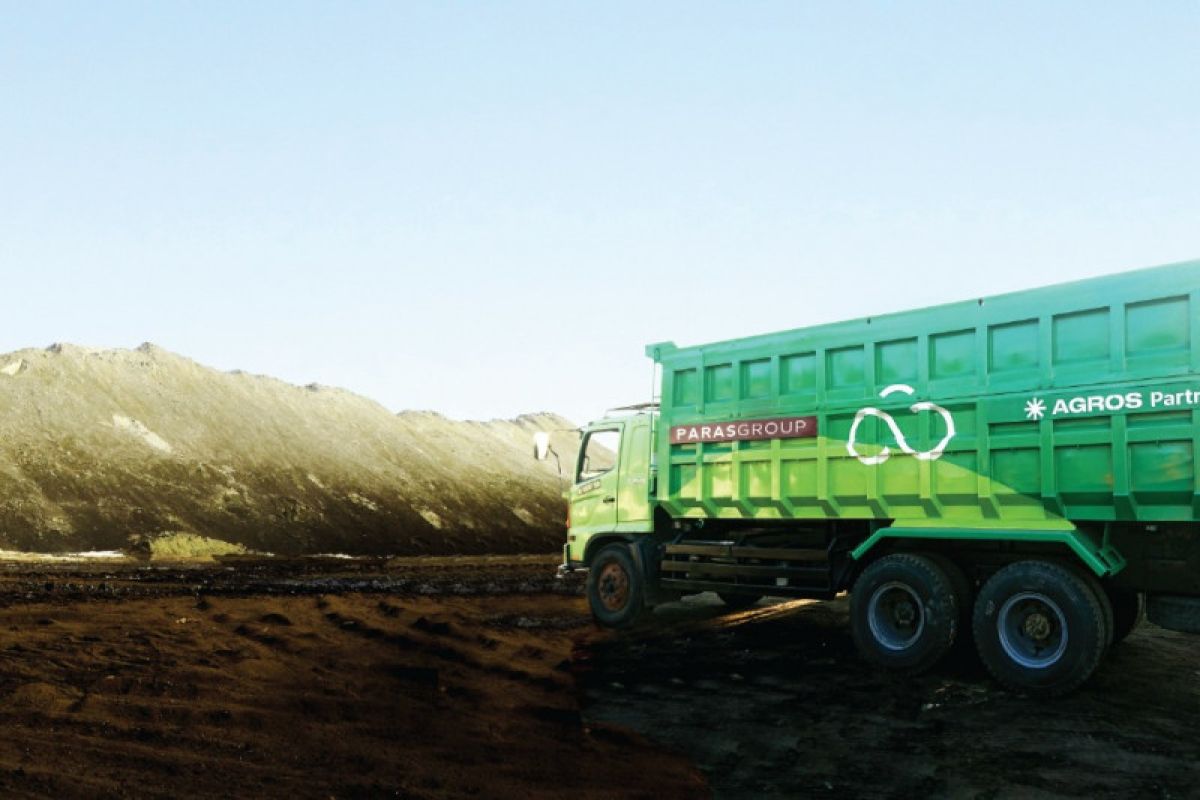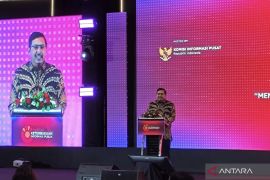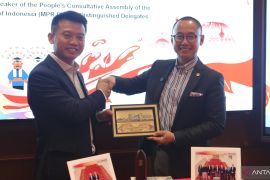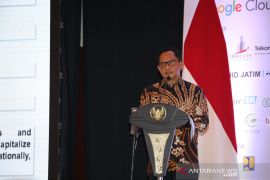These problems require solutions that utilize information technology—a technology-based and one-stop service system that focuses on integrated solutions to optimize raw material logistics servicesJakarta (ANTARA) - Goods shipments have shot up by up to 40 percent in Indonesia due to improvements in the logistics industry in the last two years and amid the COVID-19 pandemic, the CEO of AGROS has said.
The positive impact of infrastructure in logistics has been happening because of the government's activities in the past decade that have enhanced various industries in Indonesia, logistics industry player and the founder and CEO of AGROS, Arman Solich, said here on Saturday.
"However, this does not mean that the logistics industry is free from challenges," he added.
In addition to the rising need for product distribution, the demand for heavy fleets to transport raw materials for industries has also increased, he pointed out.
As a result, many new players have sprung up in the industry, he said.
Related news: Sumadi stresses on transportation connectivity to strengthen logistics
However, the positive trend in the raw material logistics industry has not been supported by efforts to beat the existing challenges, he added.
The issues facing the industry range from classic problems, such as the complexity of fleet management, transparency, and standardization of costs, to the need for simplification of transaction systems and ease of supervision in the digital era, Solich said.
"Witnessing the huge potential growth of the logistics industry, we want to give solutions for each challenge that exists in the future. We prepare all needs from upstream to downstream sectors so that all parties in the industry can enjoy the benefits," he expounded.
Despite the research and observations made on the logistics industry, most problems have recurred because industry players have continued to use conventional methods to operate instead of integrated systems, he noted.
Related news: Expert calls to evaluate Bulog's role in rice supply chain
The problems also include shippers facing difficulty finding fleets to transport goods, confusion among transporters in finding cargo, and the need for experienced cargo drivers, he said.
Other issues plaguing the industry include a non-transparent bill recording system, disorderly administration of shipment permits, as well as the search for quick fixes to vehicle damage on the road, he added.
"These problems require solutions that utilize information technology—a technology-based and one-stop service system that focuses on integrated solutions to optimize raw material logistics services," he informed.
Since it was established in early 2020, AGROS has managed to complete as many as 102,306 logistics transactions, with a total transport tonnage at 2,183,156 tons, he added.
Related news: Ministry, stakeholders collaborate for phase II logistics disbursal
Translator: Subagyo, Kenzu T
Editor: Suharto
Copyright © ANTARA 2021












